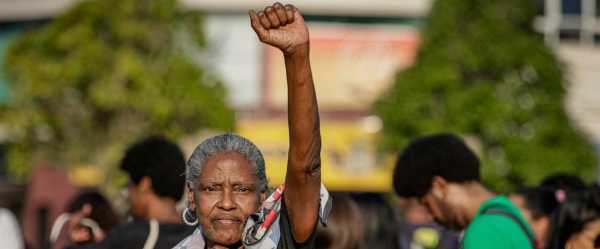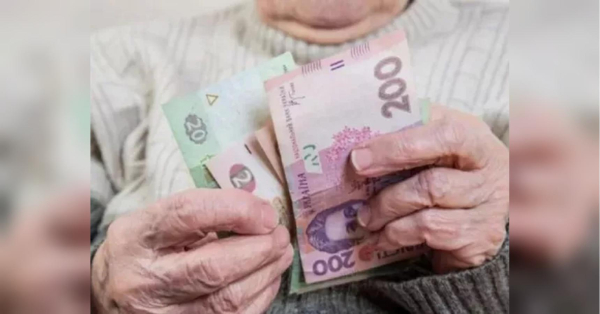
BRASILIA, Brazil — A police raid in a low-income neighborhood of Rio de Janeiro set off a gunbattle that killed nine people and wounded two officers Wednesday, marking the latest incident in a wave of lethal policing in Brazil.
In a statement, Rio's police said suspected criminals in the Vila Cruzeiro favela shot first, wounding the officers and prompting police to return fire.
Nine people hit by bullets were taken to a state hospital, where they were declared dead, according to the statement, which said intelligence work had uncovered a meeting in Vila Cruzeiro among crime leaders who control the region.
Vila Cruzeiro has been the site of bloodshed during police operations in the past. A firefight in resulted in more than 20 deaths in May 2022, just months after another raid saw eight people killed.
The Rio de Janeiro state government’s strategy for tackling violence and organized crime has come under criticism in recent years, particularly given there is little insight into officers' choice to dispense lethal force.
The practice isn't limited to Rio. The raid Wednesday morning came as the public security secretariat in neighboring Sao Paulo state raised the death toll from a police operation there the previous day to 16 from 14. The prior figure had already meant the raid in the coastal city of Guaruja was that state's deadliest since 2006, according to news website G1.
Guaruja residents protested against police Wednesday, holding banners and walking amid large, stuffed dolls strewn on the ground in representation of the dead.
Over the weekend, three police operations targeting alleged drug traffickers in the northeastern state of Bahia resulted in 19 people being killed, local media reported.
Outcry over the unbridled lethality of policing in Brazil's favelas has led to the adoption of police body cameras in certain states, notably Sao Paulo. The cameras have been widely credited with reducing police violence there.
Killings by active-duty officers in Sao Paulo fell to 256 in 2022, down 61% from 2020 — the last full year before the widespread rollout of the cameras.
Sourse: abcnews.go.com






